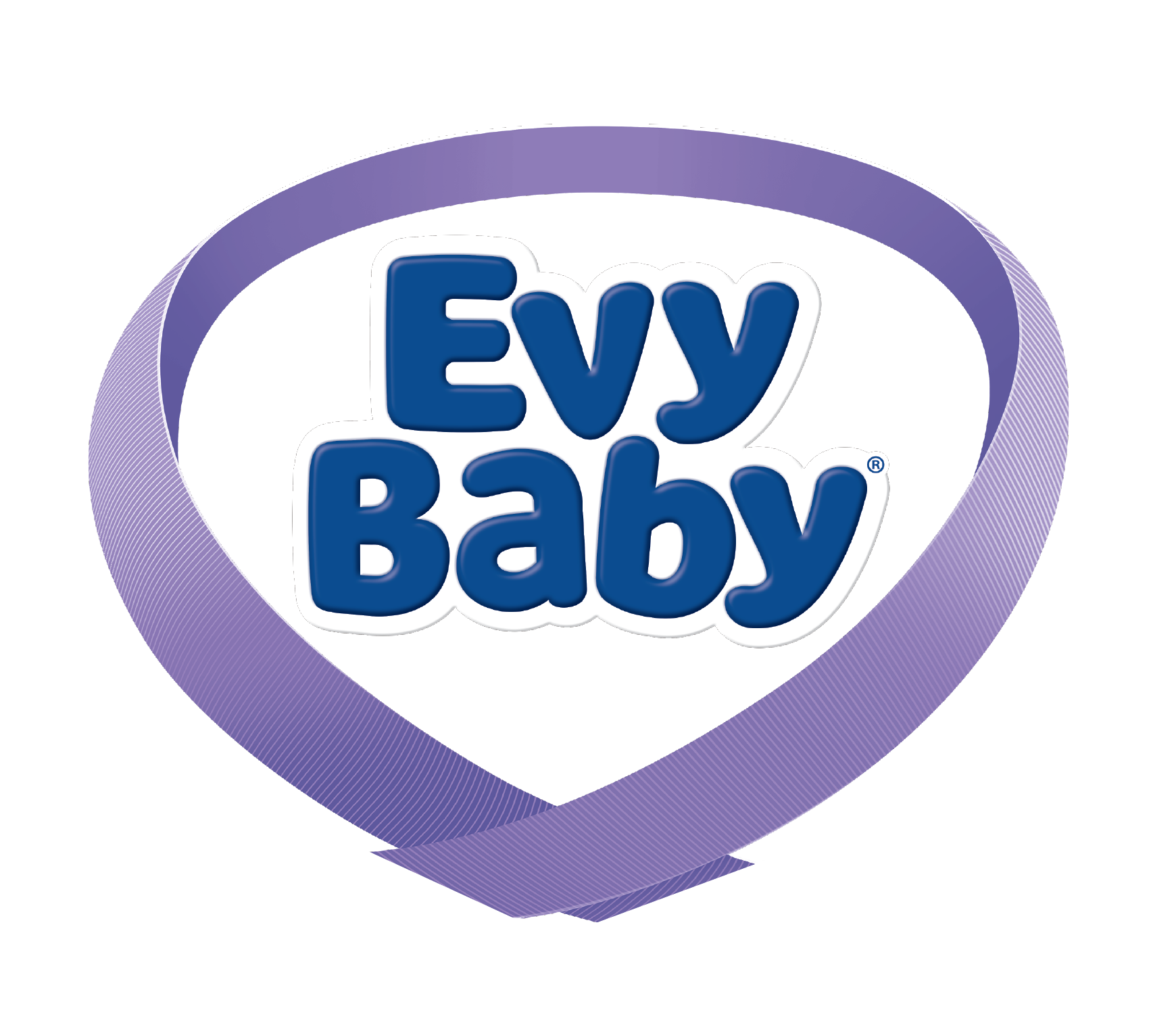

Often, mothers in an attempt to determine their baby’s intake, they track the number of soiled diapers per day. It is nothing short of a full-time job. But tracking diapers can cause so much of anxiety because you get to see so many colors, textures, and types of excrement. This article will help you separate true potential health problem from what is completely normal, so you don’t have to depend on guesswork anymore.
Newborn’s poops
For a few days after the birth, your baby will pass meconium which is green-black in color and has a thick tar-like texture. Meconium is mostly made up of mucous and amniotic fluid or basically anything that your baby has ingested while he was in your womb. The passing of meconium is a good sign that your baby's bowels are working fine.
Poops while breastfeeding
First milk, also known as colostrum helps to push out meconium from your baby’s system. After about three days your baby’s poops will change from greenish brown to bright or mustard yellow color. The yellow poop should also smell slightly sweet. Babies will generally poop three to four times a day in the first week. After that, the bowel movement will settle down to their routine. After few weeks, some breastfed babies will only poop once every few days or maybe even once a week.
Formula milk and your baby’s poops
Poop of a baby that is fed baby formula milk is likely to differ from a breastfed one. The poop will be bulkier in texture than a breastfed baby’s. That’s because formula milk can’t be digested as fully as breast milk. It will appear pale yellow or yellowish-brown in color. It will also smell more like adults’. Formula milk is known to cause constipation in babies. If your baby experiences constipation, you should consult a pediatrician and consider changing the formula-milk you buy.
Solid foods
Solid foods have a dramatic effect on your baby's poops. So for example, if you are feeding your baby with pureed carrot, next poop will be bright orange. You may also find baked beans and raisins, which pass straight through your baby and end up in his diaper. If you are feeding your baby variety of foods, his/her poop will become thicker and darker and will be lot smelly. This is normal, and you should not worry about it.
Green poop
If you are breastfeeding your baby, green poop can be the sign that your baby is getting too much of lactose but not getting enough rich milk. Make sure your baby finishes feeding on one breast before you offer him your other one. In case you are feeding your baby formula milk, switch to a different formula milk and check if there is a difference.
Very pale yellow
The slightly pale color is normal, but very pale yellow is a sign of jaundice which is common in newborns. Symptoms of jaundice also include pale yellow skin color. Whites of the eyes also turn yellow. Consult your doctor if your baby displays signs of jaundice.
Your baby’s poop is very runny
Runny poop can be because of diarrhea. If your baby is passing larger amounts than normal or he is pooping more often or if poop is explosive and spurts out of his bottom, you should visit a pediatrician. Here are some reasons for runny poop:
- Your baby must be suffering from an infection. If you are feeding your baby formula milk, take all care to keep equipment sterile. You should also wash your hands thoroughly.
- Diarrhea can also lead to severe constipation, whereby fresh poop may be leaking out past a blockage of hard poop.
- Some babies also experience runny poop when they are teething. During teething, poop will be looser than normal, but will not cause diarrhea.
Diarrhea should clear up automatically without treatment within 24 hours, however, if it doesn't, you should immediately seek the help of GP as your baby might be at risk of dehydration.